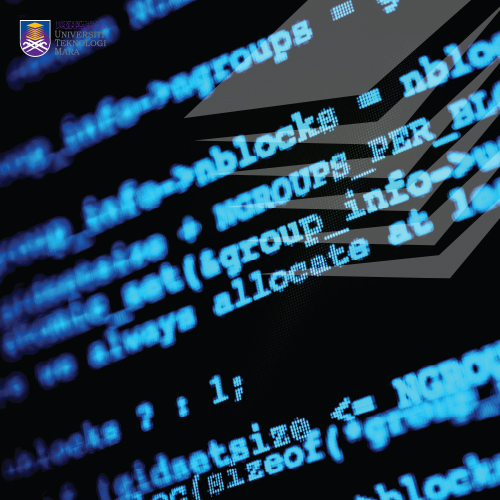About this Course
Course Description
Students will have an opportunity to learn the legal concept of government as well as certain main features of the Federal Constitution. The course focuses on enhancing the students’ analytical thinking by applying legal concepts and principles concerning the system of government to various scenarios. In line with higher education 4.0, this course provides flexibility to learn through Massive Open Online Courses (MOOC). Students will also be able to participate in collaborative learning and demonstrate their knowledge and skill through oral and written submission, as well as examination.
Course Learning Outcomes
1 ) Demonstrate effective communication skills in tasks related to basic constitutional issues and administration of the Malaysian government. (A3)
2 ) Analyse the basic constitutional issues and administration of the Malaysian government. ( C4 )
3 ) Explain the basic principles pertaining to the Malaysian system of government. (C2)
Course Details



STATUS : Open DURATION : FLEXIBLE EFFORT : 3 MODE : 100% Online COURSE LEVEL : Beginner LANGUAGE : English CLUSTER : Science & Technology ( ST )





